Picture a fat, middle aged Englishman trying to stand on his head. This is not just any Englishman. This is your honest-to-goodness Edwardian Englishman in a tweed suit. With his wide brimmed hat, drooping moustache, walking stick, and ridiculous pince nez he looks like an overblown Teddy Roosevelt. The porcine face puffs as he tries to plant his head on the ground, then the chubby feet, stuck into stout boots, try to kick up into the air. The fat man kicks once or twice, wobbles, then on the third try he’s up, feet waving and swaying for balance. His hat is squashed because he forgot to take it off. His tweed cape has fallen over his head. A button on his vest pops off with the exertion, then suddenly the pince nez fall off and he instinctively reaches for it, loses his balance and comes crashing to the ground.
All of this to test the fat man’s theory that “any scene such as a landscape can sometimes be more clearly and freshly seen if it is seen upside down.” The fat Englishman is named G.K. Chesterton, and he wrote those words about a skinny Italian called Francesco Bernardone — otherwise known as Francis of Assisi. Francis was a sort of holy acrobat, a wandering minstrel, a chevalier of the spirit; one of those fools who not only see the world upside down, but turn the world upside down. In his fat English way Chesterton was a similar sort of clown, and his observation that the world is often more clearly seen upside down is revolutionary.
It’s revolutionary not because Chesterton is a jolly English Che Guevara, but because, when you stand on your head you revolve and see the world in a different way. Revolutions upset the status quo by challenging the majority view. Any kind of rebellion is both frightening and admirable. Witness our feelings towards the adolescent with a purple hair, a surly expression, and a safety pin in his eyebrow. The sort of revolution Chesterton advocates is subversive toward all parties — like a court jester who cracks jokes to those who are solemn, and assumes a funereal face for those who are flippant . In fact, the court jester is an excellent example of the sort of revolutionary I’m talking about because he is an acrobat. He may literally stand on his head and do back flips, but with his jokes and riddles he also stands on his head symbolically. In so doing he not only sees things the right way around, but helps others to have a fresh and saner vision of the world too. Of course, there is a risk in this, for in a world where everyone has gone solemnly insane the sane person will seem to be a playful idiot, and history shows that society is not kind to such idiots. The prophets, poets, visionaries, jesters, and fools may be laughed at, but they are rarely thanked.
These poetic prophets remind us that for our lives to achieve their full potential, each one of us must go through a revolution. That is, we must learn to see things in a fresh and startling way. Revolutions can be exciting, but they are risky. There is much to gain, but there is also much to lose. Therefore, being cautious as cats, we usually choose to stay right side up and do everything we can to avoid a revolution. We prefer to plod on in our old habits and prejudices, because to launch out into something new is simply too frightening. We are like the seven-year-old who longs to ride the roller coaster but can’t get up the nerve.
Sometimes the revolution happens through education. Sometimes it happens through religion, but more often it comes to us as the result of some wonderful or disastrous event in life. We get a promotion or we get cancer. We hit the jackpot or we hit rock bottom. We fall in love or we fall off a ladder. Whether it comes through joy or sorrow, we have a sudden stupendous vision that turns our world upside down. Some people pursue this sudden insight and embark on a quest for meaning. They learn to hunger for those daily revelations that amount to daily revolutions. Most of us, however, get a brief glimpse of the Promised Land, then relapse into our usual cautious self, forever wary of that dangerous revolutionary who lurks within and who, for one delicious and dangerous moment, peeped over the parapet.
Revolution is risky, but sometimes resisting it is riskier still. This is true for societies as well as individuals. The French Revolution reminds us that those aristocrats who refuse to stand on their heads will lose them. We think it would be terrible to change the way we are, until one day the truth dawns that it would be even more terrible if we were to stay just as we are. Suddenly Socrates’ words, “The unexamined life is not worth living,” hits us like a punch to the solar plexus, giving us just the jolt we need first to examine our lives, and then to re-make them.
This is an excerpt from the Introduction to my book The Quest for the Creed

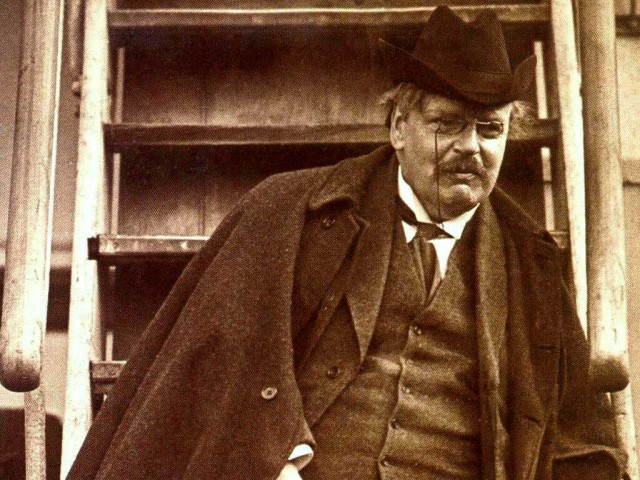
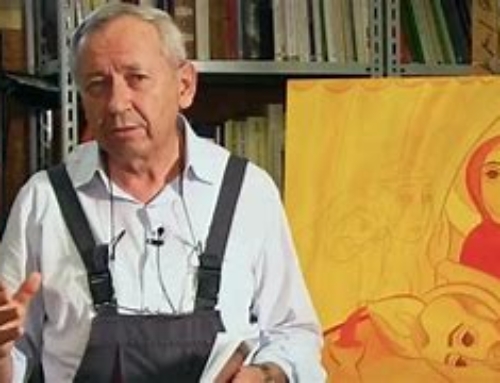
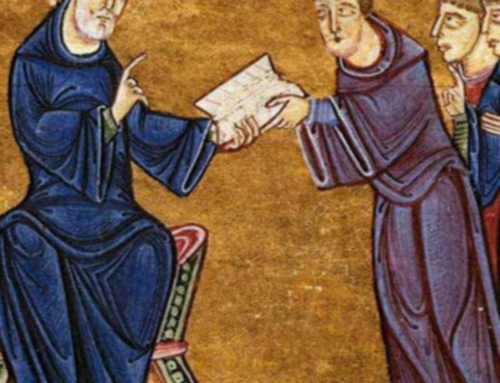

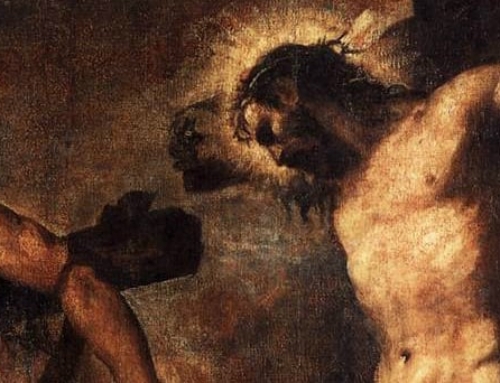
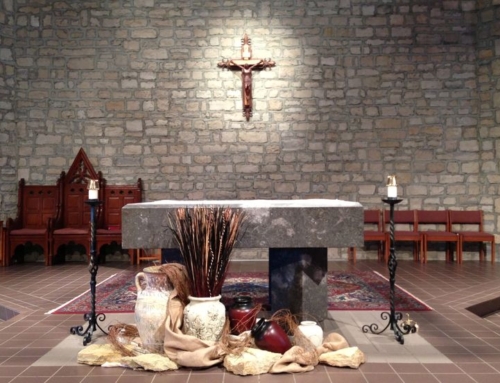
[…] New Vatican Academy for Life Member Promotes Heresy – Diane Montagna, LSN Why Standing on My Head? – Fr. Dwight Longenecker Powerhouse Catholic Movement Celebrates Its 50th Anniversary – […]